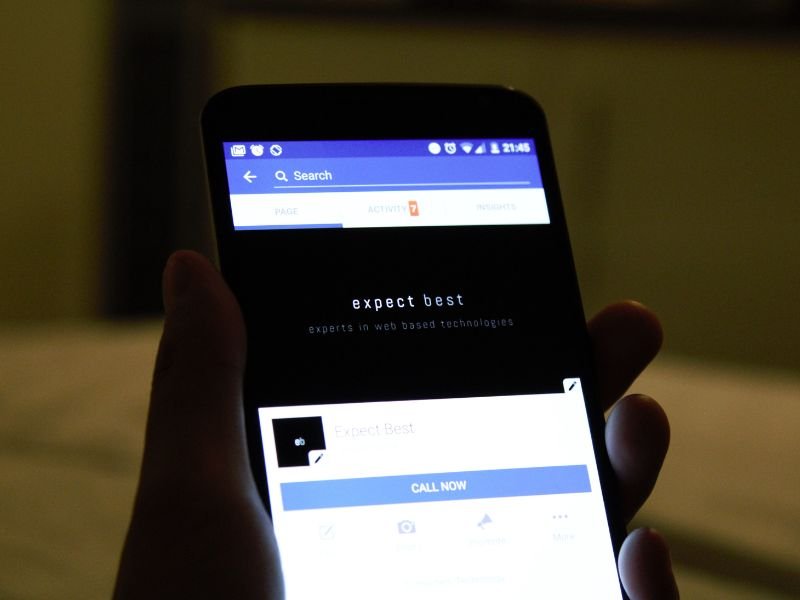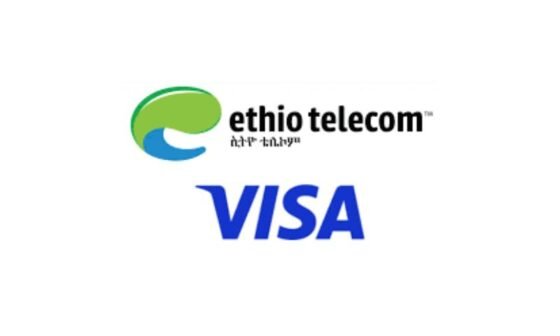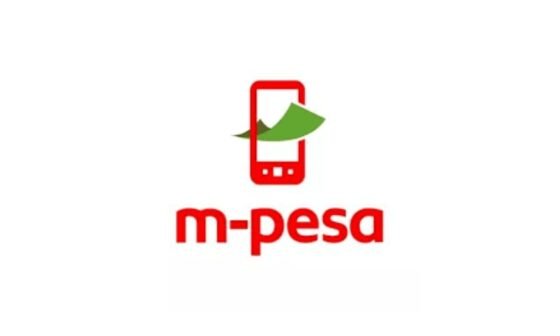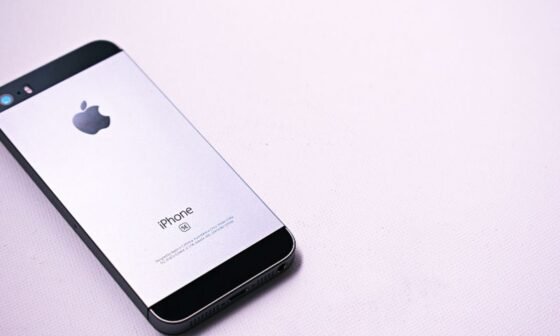So, you’ve decided it’s time to delete your Facebook Page. Maybe it’s a relic from a side hustle that never took off, or perhaps your once-thriving business Page is now a ghost town of tumbleweeds and “Last updated in 2018” messages. Whatever the reason, this decision might feel like breaking up with a long-term partner—it’s bittersweet, but deep down, you know it’s for the best. And hey, at least Facebook won’t spam you with “We miss you” messages.
Deleting a Facebook Page isn’t rocket science, but there are steps to follow, details to consider, and a few potential roadblocks to navigate. Think of it as cleaning out your digital closet: it’s a bit of a chore, but the feeling of decluttering your online life is worth it.
How To Delete Facebook Page
Whether you’re saying goodbye to an outdated project, consolidating multiple Pages, or just tired of managing a social media presence you no longer need, this guide will walk you through every step.
Why People Delete Facebook Pages
Before jumping into the deletion process, let’s explore why people decide to delete their Facebook Pages. This isn’t just about pushing a button—it’s about understanding your reasons so you can approach the process with clarity and confidence.
1. Outdated or Irrelevant Pages
Facebook Pages often start as passion projects or tools for businesses, events, or hobbies. Over time, they can lose relevance. For instance, you might have created a Page for a school reunion in 2015, and now it’s a digital wasteland. Keeping such Pages live can confuse visitors and make your online presence feel messy.
2. Streamlining Your Online Presence
In the age of minimalism, less is more. If you’re managing multiple social media accounts or Pages, deleting an inactive or redundant Page can free up mental bandwidth. Focus your energy on what truly matters.
3. Privacy Concerns
Inactive Pages are easy targets for hackers. Deleting a Page that you’re no longer using is a smart way to protect your personal or business information from misuse.
4. Shifting Business Strategies
Businesses evolve. If your brand has undergone a rebranding or pivoted to a new direction, your old Page might not align with your current goals. In such cases, deleting or merging the Page is often the best move.
5. Starting Fresh
Sometimes, a clean slate is all you need. Deleting an old Facebook Page can mark the beginning of a new chapter, whether personally or professionally.
Before You Delete Your Facebook Page: Things to Consider
Deleting a Page is permanent, so it’s worth taking some preparatory steps to ensure you’re making an informed decision.
1. Confirm Your Role
Only admins have the authority to delete a Page. If you’re not the admin, you’ll need to request access or work with the current admin to initiate the deletion.
2. Backup Your Data
Once a Page is deleted, all its content—including posts, photos, and videos—will be gone forever. If there’s anything valuable on the Page, download a copy before proceeding:
- Go to your Page’s Settings.
- Select General > Download Page.
- Follow the prompts to save an archive of your Page.
3. Communicate with Your Audience
If your Page has followers, it’s courteous to inform them about the deletion. Post a final update explaining your decision and direct them to an alternative Page or platform if necessary.
4. Consider Alternatives
If you’re unsure about permanently deleting the Page, you can temporarily unpublish it instead. This will make the Page invisible to the public but allow you to restore it later.
Step-by-Step Guide: How to Delete a Facebook Page
Now that you’re ready, let’s dive into the actual process of deleting your Facebook Page.
Step 1: Log In as an Admin
Ensure you’re logged into the Facebook account with administrative rights to the Page. Without admin access, you won’t be able to proceed.
Step 2: Navigate to the Page
- On your Facebook homepage, click the Pages tab on the left-hand menu.
- Select the Page you wish to delete from the list of Pages you manage.
Step 3: Access the Settings
- Once on your Page, click the Settings button (found in the bottom left corner on desktop or the gear icon on mobile).
- This will take you to the Page’s administrative settings.
Step 4: Find the Delete Option
- In the Settings menu, click General from the left-hand menu.
- Scroll down to the section labeled Remove Page.
- You’ll see an option that reads, “Delete [Page Name].” Click Edit next to this option.
Step 5: Confirm Deletion
- A pop-up message will appear, warning you that deletion is permanent. Read the message carefully.
- Click Delete Page to confirm.
Step 6: 14-Day Grace Period
After confirming, Facebook places your Page in a 14-day grace period. During this time:
- The Page is unpublished and no longer visible to the public.
- If you change your mind, you can restore the Page by visiting the same settings and clicking Cancel Deletion.
Step 7: Permanent Deletion
Once the 14 days have passed, the Page will be permanently deleted. There is no way to recover it after this point.
Troubleshooting Common Issues
Deleting a Facebook Page should be straightforward, but occasionally you may run into hurdles. Here are some common issues and how to resolve them.
1. Can’t Find the Delete Option
If you don’t see the option to delete your Page, it could be due to a few reasons:
a. Confirm You’re Logged in as an Admin
Only admins have the authority to delete a Page. If you’re logged in as an editor, moderator, or any other role, you won’t have access to the deletion feature. To confirm your role:
- Go to your Page.
- Click Settings > Page Roles.
- Check if your name is listed as an admin.
If you’re not an admin, reach out to the current admin and request admin rights. Once you’re granted admin privileges, you’ll gain access to the deletion option.
b. Use a Desktop Browser
Facebook’s mobile app often lacks some of the advanced settings found on the desktop version. If you can’t locate the delete option in the app:
- Switch to a desktop browser like Chrome or Firefox.
- Navigate to your Page’s settings using the desktop interface.
- The delete option should appear under General Settings > Remove Page.
c. Double-Check the Page Type
If the Page is a business Page linked to a Business Manager account, the deletion settings may be handled differently. You’ll need to log in to your Business Manager dashboard to manage or delete the Page.
2. Linked Accounts or Platforms
If your Facebook Page is linked to external platforms—such as Instagram, WhatsApp, or third-party apps—this can complicate the deletion process. It’s crucial to unlink these accounts before attempting to delete the Page.
a. Why It’s Important
- Linked platforms may continue trying to sync with the deleted Page, leading to errors or data conflicts.
- Some apps might display outdated content from the deleted Page, confusing your audience.
b. Steps to Unlink Accounts
- Instagram
- Go to your Facebook Page.
- Click Settings > Linked Accounts or Instagram.
- Select Disconnect Instagram Account.
- WhatsApp
- Navigate to Settings > WhatsApp.
- Remove your linked phone number or account.
- Third-Party Apps
- Go to Settings > Business Integrations.
- Review the list of connected apps and remove any that are linked to the Page you’re deleting.
By unlinking these platforms, you ensure a clean break and prevent disruptions to your other accounts.
3. Multiple Admins
When a Page has multiple admins, the process of deleting the Page can become complicated if everyone isn’t on the same page (pun intended!). Miscommunication or disagreements can cause confusion, especially if one admin wants to delete the Page while others don’t.
a. Clear Communication
It’s essential to communicate your intentions to all admins before initiating the deletion process. This is especially important for business Pages or community groups, where multiple stakeholders may have vested interests.
b. Resolving Conflicts
If disagreements arise among admins:
- Hold a discussion to explain why the Page should be deleted. Provide reasons such as irrelevance, outdated content, or rebranding.
- Suggest alternatives, such as unpublishing the Page instead of deleting it permanently.
c. Remove Other Admins (If Necessary)
If you’re the primary admin and decide to delete the Page despite resistance, you have the authority to remove other admins:
- Go to Settings > Page Roles.
- Find the names of other admins and click Edit.
- Change their roles to lower permissions or remove them altogether.
However, this should be a last resort, as removing admins without notice can strain relationships.
Alternatives to Deleting a Facebook Page
1. Unpublishing the Page
Unpublishing makes your Page invisible to the public but keeps it accessible to admins. This is a good option if you’re not ready for permanent deletion.
2. Merging Pages
If you manage multiple similar Pages, consider merging them instead of deleting one. Facebook allows you to merge Pages with similar names and content.
3. Transferring Ownership
If you no longer want to manage the Page but don’t want it deleted, transfer admin rights to someone else.
FAQs About Deleting a Facebook Page
1. Can I Recover a Deleted Page?
No. Once the 14-day grace period has passed, the deletion is permanent, and there’s no way to recover the Page.
2. What Happens to My Followers?
Followers will no longer receive updates from the Page. Notify them in advance and redirect them to an alternative Page or platform.
3. Does Deleting a Page Affect My Profile?
No. Deleting a Page won’t affect your personal Facebook profile or other Pages you manage.
4. Can I Delete a Page Using the Mobile App?
Yes, but some options may not appear depending on your device. For a smoother experience, use a desktop browser.
Conclusion
Letting go of a Facebook Page is a bit like cleaning out your closet—it might take some effort, but the reward is a lighter, more streamlined life. Whether you’re retiring an outdated Page, protecting your privacy, or simply embracing a fresh start, deleting a Page can feel liberating.
Remember, the process is straightforward, but the decision should be intentional. By following the steps outlined in this guide, you can confidently hit delete, knowing you’ve taken all the necessary precautions. And if you ever find yourself building a new Page in the future, at least you’ll know the ropes. Here’s to a cleaner digital presence and more focus on what truly matters!







